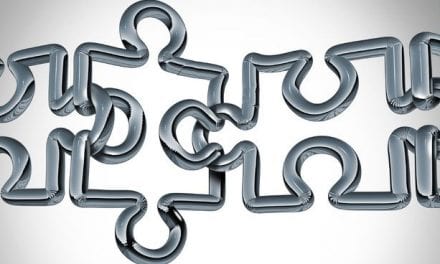Do you have a blame mentality, accompanied by a credit stealing mentality? Before you deny it . . . you may be coming across like this without even knowing it.
By Steve Moran
I recently had lunch with a friend of mine who is pastoring a very small ethnic congregation that is a subset of a larger congregation and she is really struggling to grow her little group. More than that, she is really struggling to get her little flock to have passion about anything. I wanted to try to be helpful and see if I could apply some of the leadership stuff I know to her situation.
I asked her to describe what her group would look like if it were her dream congregation. She knew exactly what that would look like. Her list looked like this:
-
They would . . .
-
They would . . .
-
They would . . .
Every single thing she listed were both appropriate and reasonable. They were exactly the kind of things a church planter should want for their growing team members and could easily have parallels in the business world.
There was one thing she said, one thing she actually kept saying over and over again that really got to me. It seems so little but I am convinced it may very well be the key to why her success is not what she wants.
She kept saying “They” would instead of “We” would . . .”
We vs. They
The problem with saying “They” should be self evident, but it wasn’t. She immediately reacted saying it was really the same thing. Here is why it is so important:
-
When we don’t think “we”, it means we are above or better than the team. You never get great that way. I once heard a senior living executive talk about his team members doing things he would never do and it really grated on me at the time. In truth, I have gotten to know that leader and I think in some ways I was too harsh on him; yet nonetheless, in reality — to the extent a leader can — they should be willing to take on every single job in a community.
-
“They should” . . . suggests your team is doing it wrong. Even if they are doing it wrong — or rather especially if they are doing it wrong — that is the fault of the leadership: each and every time without exception. It means leadership has not done a good job of communicating expectations or they have unrealistic expectations. This means they have not trained adequately.
-
Using the word “they” and not “we” suggests cross purposes. The goal should be the same and that is to create a great day for each and every resident and their family members. I would further argue that leadership then has an additional privilege of ensuring that each team member has a great day — each and every day — because unless that is true to team members, it can never be true for residents.
-
Let’s be honest, if you have a “they need to . . .” mindset and against all odds they actually accomplish something amazing, it will immediately turn into a “we did this great thing . . .” meaning at that point the leader will take credit.
A “they” mentality is a blame mentality, accompanied by a credit stealing mentality.
At the end of the day all of the really phenomenal work in your communities get done, not by you, but by your team members. Mostly by your team members who make a tiny fraction of the amount of money you are making. Economics are such that this is all but impossible to change but it costs you nothing to become a we organization instead of a they organization. And that giving credit where credit is due is the biggest bonus you can pay.








